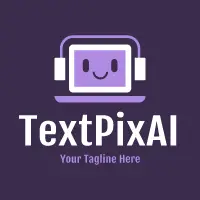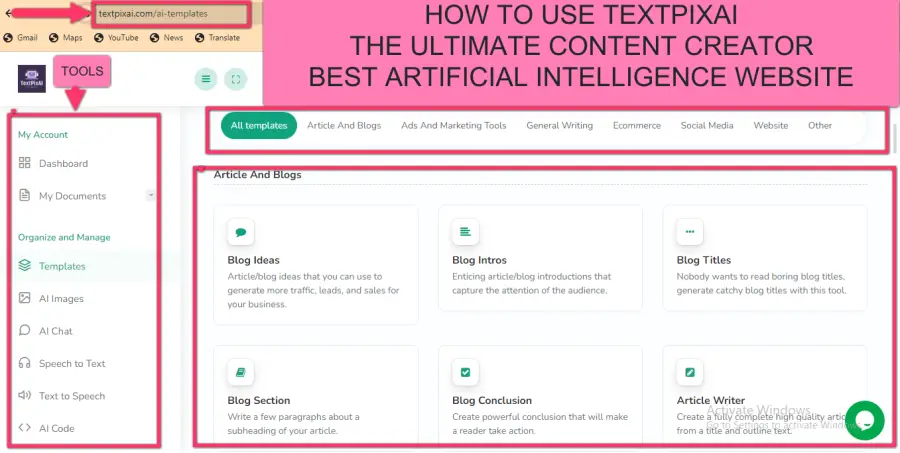AI and Ethics: Navigating the Moral Dilemmas of Artificial Intelligence
Introduction
In recent years, the rapid advancements in Artificial Intelligence (AI) have ushered in a new era of innovation and possibilities. AI has transformed industries, from healthcare to finance, making our lives more convenient and efficient. However, as AI continues to evolve, it brings with it a host of ethical challenges that require careful consideration. In this article, we will delve into the complex landscape of AI ethics, exploring the moral dilemmas posed by artificial intelligence.
Understanding AI Ethics
Artificial Intelligence Ethics, often referred to as AI Ethics, is the branch of ethics that focuses on the moral implications and decisions surrounding AI technologies. It involves questioning how AI systems are developed, used, and their impact on society.
The Emergence of AI
The journey of AI began with simple algorithms, but today, it encompasses machine learning, deep learning, and neural networks. These technologies enable AI systems to learn from data and make decisions, raising questions about autonomy and accountability.
Ethical Considerations in AI
- Transparency in Algorithms
The opacity of AI algorithms poses concerns. Should AI systems be required to explain their decision-making processes, especially in critical areas like healthcare and law enforcement?
2. Bias and Fairness
AI systems can inadvertently perpetuate biases present in their training data, leading to unfair outcomes. How can we ensure fairness in AI, and who is responsible for correcting biases?
3. Privacy and Surveillance
The collection and analysis of vast amounts of data by AI raise concerns about personal privacy. What are the ethical boundaries of surveillance in the age of AI?
You may also like to read:
The Rise of AI in Business: How Companies Are Leveraging Intelligent Automation
Moral Dilemmas in AI Applications
As AI is integrated into various aspects of our lives, several moral dilemmas have emerged, challenging our values and principles.
Autonomous Vehicles
- The Trolley Problem
Autonomous cars must make split-second decisions, often involving potential harm to humans. How should AI prioritize the safety of passengers versus pedestrians?
2. Responsibility and Liability
In accidents involving autonomous vehicles, who bears the responsibility? The manufacturer, the AI system, or the human "monitor" behind the wheel?
Healthcare and AI
- Diagnostic Accuracy vs. Privacy
AI can diagnose medical conditions accurately, but it requires access to vast amounts of patient data. How can we balance medical advancements with patient confidentiality?
2. Life-and-Death Decisions
AI can assist in life-and-death decisions, such as organ allocation. How should AI systems prioritize who receives life-saving treatments?
Governance and Regulation
Addressing AI ethics requires effective governance and regulation to ensure the responsible development and use of AI technologies.
International Collaboration
How can countries collaborate to establish global ethical standards for AI, considering diverse cultural perspectives?
Ethical AI Certification
Should there be a certification process to ensure AI systems meet ethical criteria before deployment in sensitive domains?
Conclusion
Navigating the moral dilemmas of Artificial Intelligence is an ongoing challenge. As AI continues to evolve, society must engage in thoughtful discourse, shaping the ethical framework that guides its development and deployment.
In conclusion, AI and ethics are intertwined in an intricate dance of progress and responsibility. As we continue to harness the power of AI, it is imperative that we prioritize ethical considerations to ensure a future where technology benefits all of humanity.
FAQs
- What is AI Ethics?
AI Ethics is a branch of ethics focused on the moral considerations surrounding the development and use of Artificial Intelligence.
2. Why is transparency in AI algorithms important?
Transparency in AI algorithms is vital to ensure that AI systems can be held accountable for their decisions, especially in critical applications.
3. How can bias in AI be mitigated?
Mitigating bias in AI requires careful data selection, algorithm design, and ongoing monitoring for fairness.
4. What are the key challenges in regulating AI ethically?
Key challenges include creating international standards, addressing cultural differences, and defining certification processes.
5. Where can I learn more about AI ethics?
You can sign up with TextPixAI.com for free, and interact with our chatbots for free to learn more about AI ethics.







